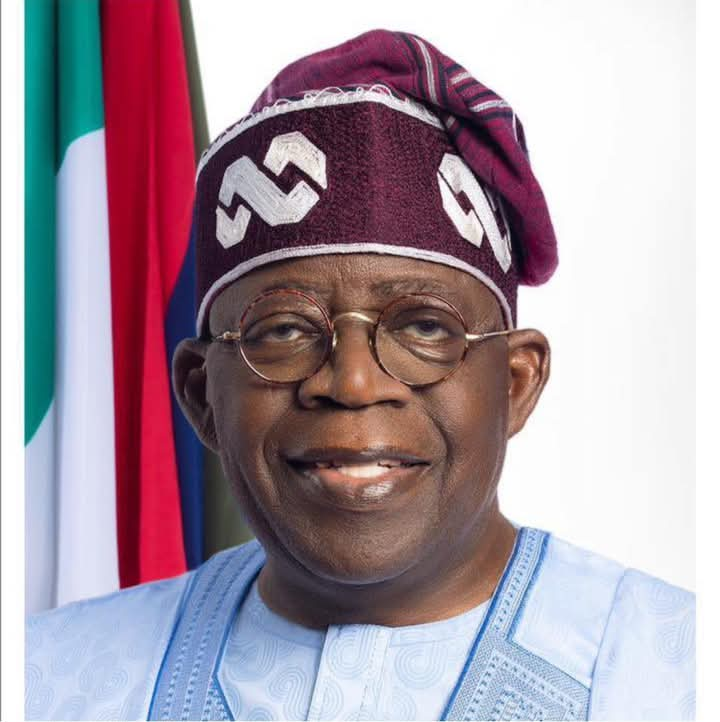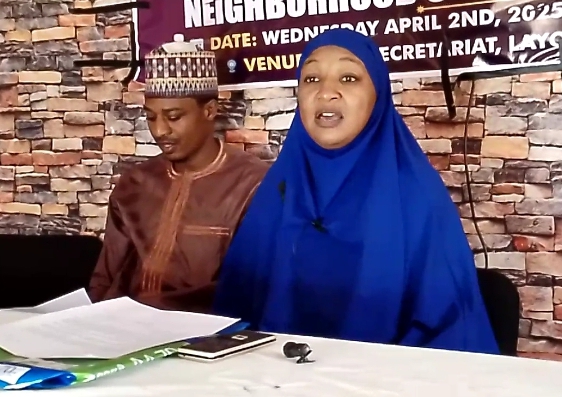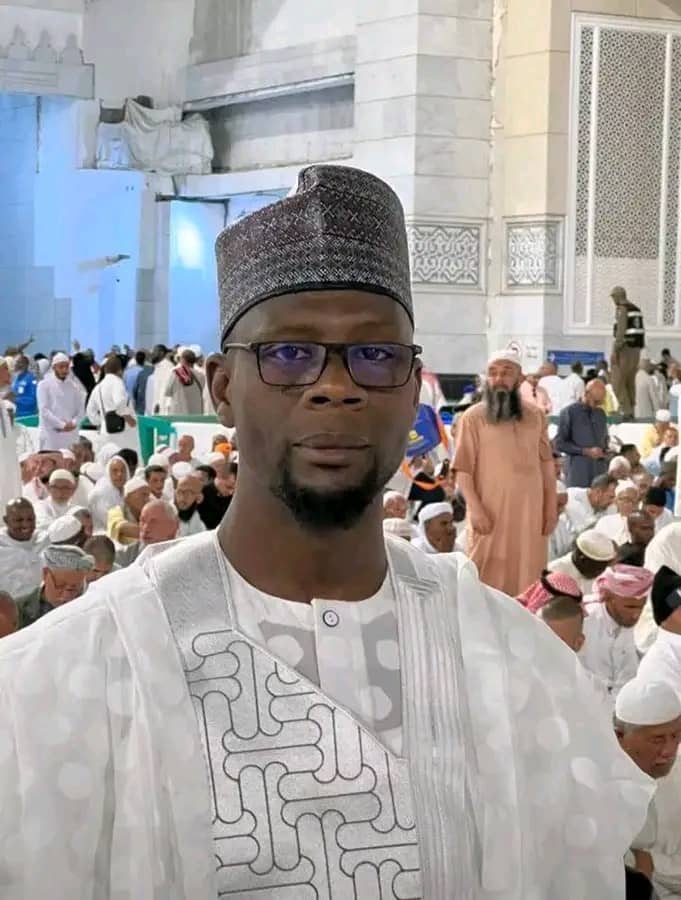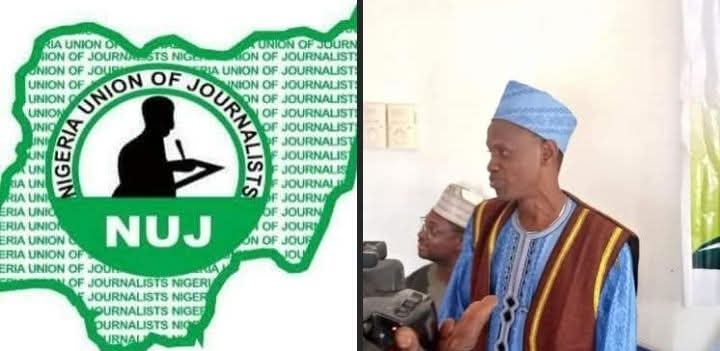FG Orders Police to Stop Parading Criminal Suspects
The Federal Government has directed the Nigeria Police Force to cease the public parading of criminal suspects. This directive was issued by the Attorney General of the Federation (AGF) and Minister of Justice, Lateef Fagbemi (SAN).
Senior police officers in the Federal Capital Territory (FCT) and Lagos State confirmed the development, stating that they had received official instructions to comply.
A senior officer told Punch, “The AGF issued the directive earlier this month, and we have been informed accordingly. You may have already noticed some level of compliance.”
Another high-ranking officer in Abuja added, “Yes, we have been asked to stop parading suspects.”
When contacted, the Force Public Relations Officer, Muyiwa Adejobi, stated that an official statement would be released in due time. “The police will react officially when appropriate. We will issue a statement soon,” he said.
Legal and Human Rights Perspectives
Human rights lawyer Femi Falana (SAN) welcomed the decision, emphasizing that parading suspects violates fundamental human rights.
“Parading suspects is illegal as it contravenes the presumption of innocence guaranteed by Section 36 of the Nigerian Constitution and Article 7 of the African Charter on Human and Peoples’ Rights,” Falana stated.
He also criticized the discriminatory nature of the practice, noting that while low-income individuals accused of petty crimes are frequently paraded, high-profile suspects involved in major corruption cases often escape such treatment.
“There are at least five court rulings, including from the ECOWAS Court and Federal High Courts, declaring the parade of suspects illegal,” he added.
Senior lawyer Chief Mike Ozekhome (SAN) also condemned the practice, highlighting its lasting impact on individuals who may later be found innocent.
“The reputational harm from these parades is irreversible. Many suspects are later acquitted, but the public never forgets the initial humiliation,” he said.
Ozekhome urged the Inspector General of Police to ensure nationwide compliance with the directive.
“The police should focus on building strong cases and taking suspects to court rather than subjecting them to media trials,” he added.




